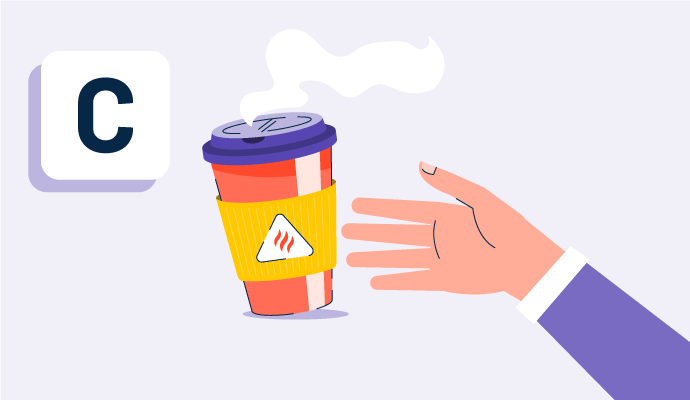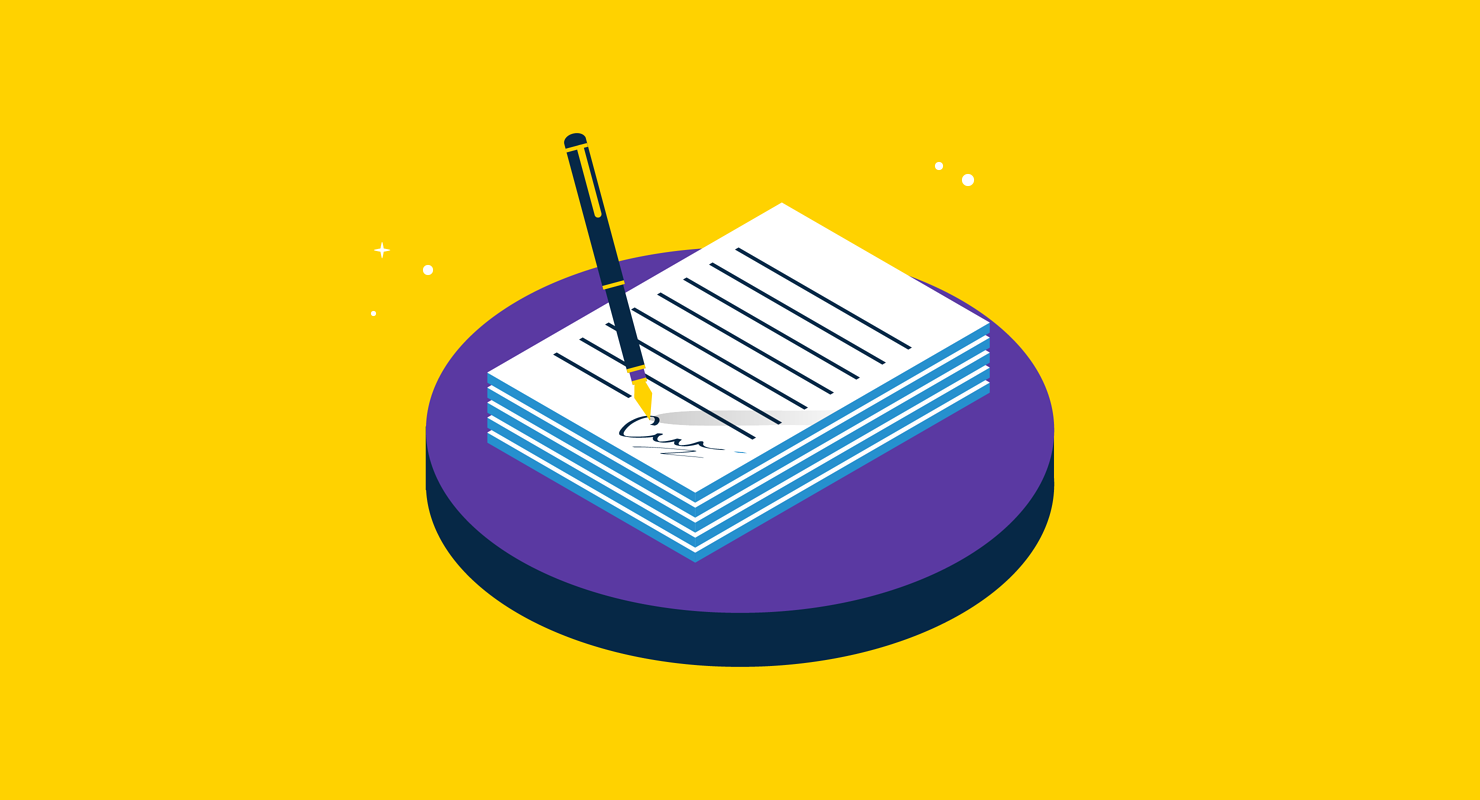What is consumer liability?
Consumer liability refers to the accountability consumers must take when using a company’s products or services. Companies write consumer liability policies into their contracts and place warnings on their products to protect themselves from potential consumer negligence.
In most cases, consumer liability is outlined in the fine print of contracts and is left to the consumer to read, obey, and understand. However, businesses must distribute contracts and ensure signatories read and review them. Many companies use contract management software to create, track, and monitor contracts.
Why is consumer liability necessary?
Businesses should include consumer liability clauses in their contracts to protect themselves in liability lawsuits.
An example when this was necessary was the case of Liebeck v. McDonald's Restaurants, also known as the McDonald's “coffee case” and the “hot coffee lawsuit,” is one of the most well-known liability lawsuits in the United States. In 1994, Stella Liebeck, a 79-year-old woman, suffered third-degree burns after accidentally spilling a McDonald’s coffee in her lap. She was hospitalized and underwent medical treatments for multiple years following the incident.
The jury found McDonald’s was primarily responsible (80%), and Stella Liebeck was 20% responsible for the incident. The jury believed that even though there was a warning on the coffee cup, it was neither large nor sufficient. While famous, this case is a good example of why consumer liability is necessary to protect businesses.
Another large U.S. corporate liability claim involved Philip Morris in 2002. The plaintiff, 64-year-old Betty Bullock was awarded $28 billion in punitive damages. Bullock claimed that Philip Morris failed to warn her about the hazards of smoking, which led to lung and liver cancer diagnoses. The smoking industry’s defense against Bullock’s case and others was that consumers knew there were risks associated with lighting up and that they should take accountability for their conduct.
Business protection and consumer liability
Businesses, including their manufacturers, designers, and sellers can be at risk in product liability claims. Product liability claims can be particularly damaging to small businesses and companies. To best protect against product liability, businesses should consider the following:
- Product testing: Businesses should use thorough testing policies and procedures to identify any possible defects and alleviate risks for all parties involved. Testing and retesting products can reduce the risks of a liability claim against a company.
- Supplier reviews: In addition to product testing, businesses can and should review all of their suppliers. This includes the procedures and processes that suppliers follow that may impact the way in which products are supplied to the business. Through review of suppliers can also help spot potential defects that may cause issues down the road.
- Proper warnings: Potentially dangerous goods require proper markings and warning labels on product labels. Businesses must make consumers aware of any and all potential dangers that could result from the use of the product when the product is used appropriately and without negligence.
Consumer liability best practices
Some general best practices that help signatories reduce liability and understand protections include:
- Clear language: Businesses should use concise language in their contracts that most readers can understand. Companies can avoid miscommunications and lack of understanding by being as specific as possible.
- Close reading for loopholes: When signing a contract, individuals should carefully review liability policies to check for loopholes. Loopholes can cause harm for all signatories if they’re not addressed.
- The use of attachments: A contract attachment refers to a document or item appended to the original contract. Attachments may outline additional liability conditions that all signing parties should review and consider.
Need a little help creating a consumer liability contract? Learn more about contract templates and how they can be useful.

Alyssa Towns
Alyssa Towns works in communications and change management and is a freelance writer for G2. She mainly writes SaaS, productivity, and career-adjacent content. In her spare time, Alyssa is either enjoying a new restaurant with her husband, playing with her Bengal cats Yeti and Yowie, adventuring outdoors, or reading a book from her TBR list.

